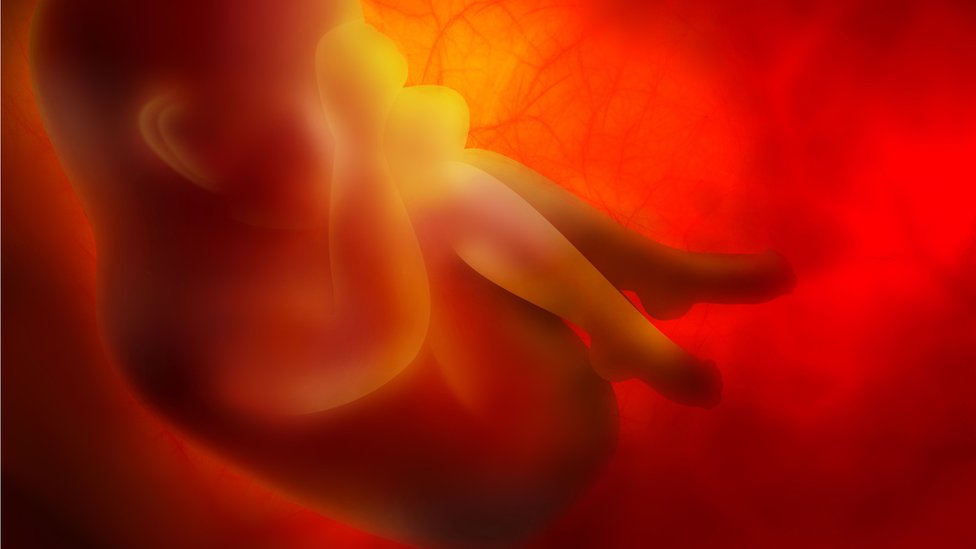INSUBCONTINENT EXCLUSIVE:
Image copyrightGetty ImagesSignificant doubts have emerged about claims from a Chinese scientist that he has helped make the world's first
genetically edited babies
Prof He Jiankui says the twin girls, born a few weeks ago, had their DNA altered as embryos to prevent them from contracting HIV.His claims,
filmed by Associated Press, are unverified and have sparked outrage from other scientists, who have called the idea monstrous
Such work is banned in most countries
Future generations Gene editing could potentially help avoid heritable diseases by deleting or changing troublesome coding in embryos.But
experts worry meddling with the genome of an embryo could cause harm not only to the individual but also future generations that inherit
these same changes.And many countries, including the UK, have laws that prevent the use of genome editing in embryos for assisted
reproduction in humans.Scientists can do gene editing research on discarded IVF embryos, as long as they are destroyed immediately
afterwards and not used to make a baby.'Designer babies'But Prof He, who was educated at Stanford in the US and works from a lab in the
southern Chinese city of Shenzhen, says he used gene-editing tools to make two twin baby girls, known as "Lulu" and "Nana".In a video, he
claims to have eliminated a gene called CCR5 to make the girls resistant to HIV should they ever come into contact with the virus
He says his work is about creating children who would not suffer from diseases, rather than making designer babies with bespoke eye colour
"I understand my work will be controversial - but I believe families need this technology and I'm willing to take the criticism for them,"
he says in the video.'Highly treatable'However, several organisations, including a hospital, linked to the claim have denied any
involvement.The Southern University of Science and Technology in Shenzhen said it had been unaware of the research project and will now
launch an investigation.Image:Fergus Walsh: "CRISPR gene editing
uses molecular scissors to cut both strands of DNAAnd other scientists say if the reports are true, Prof He has gone too far, experimenting
on healthy embryos without justification
Prof Robert Winston, Emeritus Professor of Fertility Studies and Professor of Science and Society at Imperial College London, said: "If this
is a false report, it is scientific misconduct and deeply irresponsible."If true, it is still scientific misconduct."Dr Dusko Ilic, an
expert in stem cell science at King's College London, said: "If this can be called ethical, then their perception of ethics is very
different to the rest of the world's."He argues that HIV is highly treatable and that if the infection is kept under control with drugs,
then there is almost no risk of the parents passing it on to the baby anyway
Too riskyProf Julian Savulescu, an expert in ethics at the University of Oxford, said: "If true, this experiment is monstrous
The embryos were healthy - no known diseases
"Gene editing itself is experimental and is still associated with off-target mutations, capable of causing genetic problems early and later
in life, including the development of cancer
"This experiment exposes healthy normal children to risks of gene editing for no real necessary benefit."Scientists say baby gene editing
may one day be justifiable, but that more checks and measures are needed before allowing it
Dr Yalda Jamshidi, an expert in human genetics at St George's, University of London, said: "We know very little about the long term effects,
and most people would agree that experimentation on humans for an avoidable condition just to improve our knowledge is morally and ethically
"Whether the results stand up to scrutiny or not we need as a society to think hard and fast about when and where we are willing to take the
risks that come with any new therapeutic treatment, particularly ones that could affect future generations."

